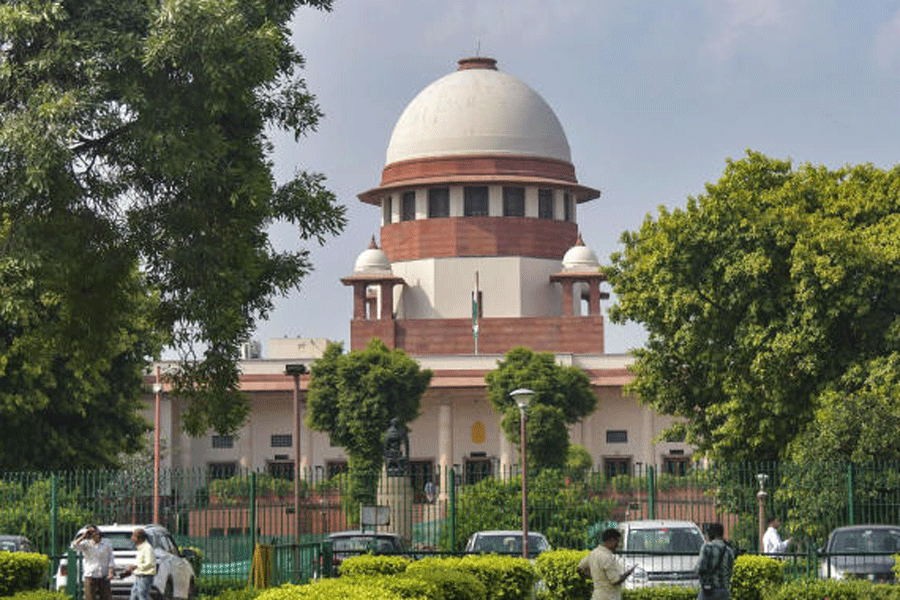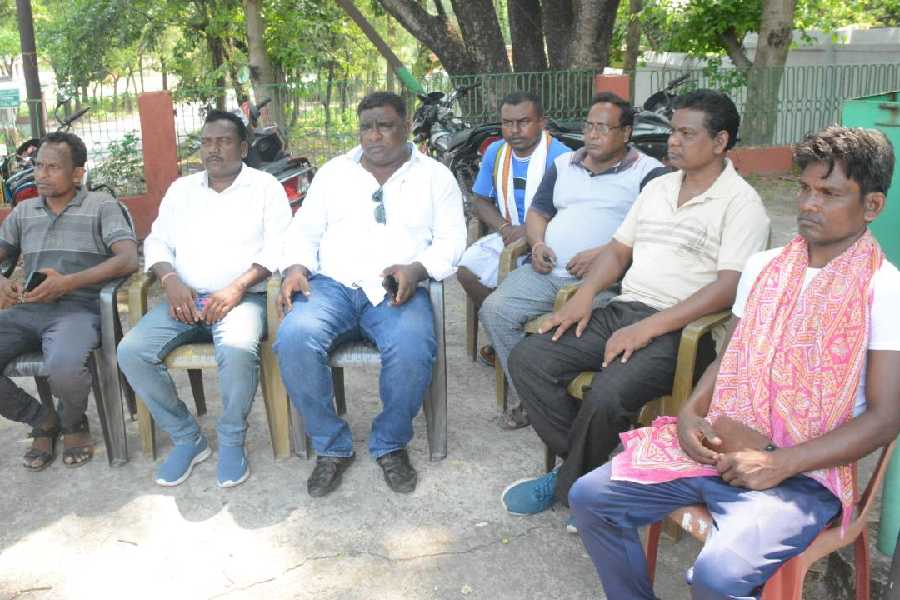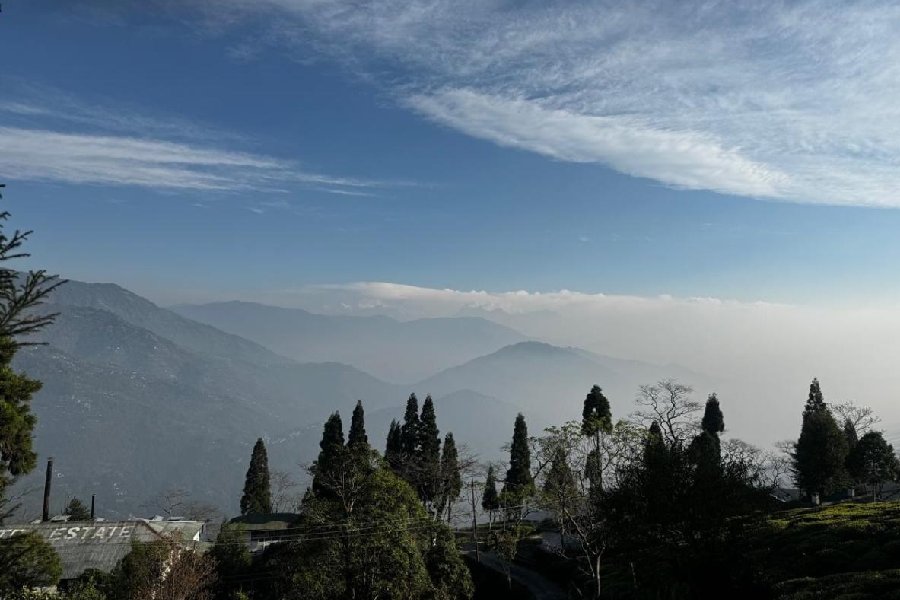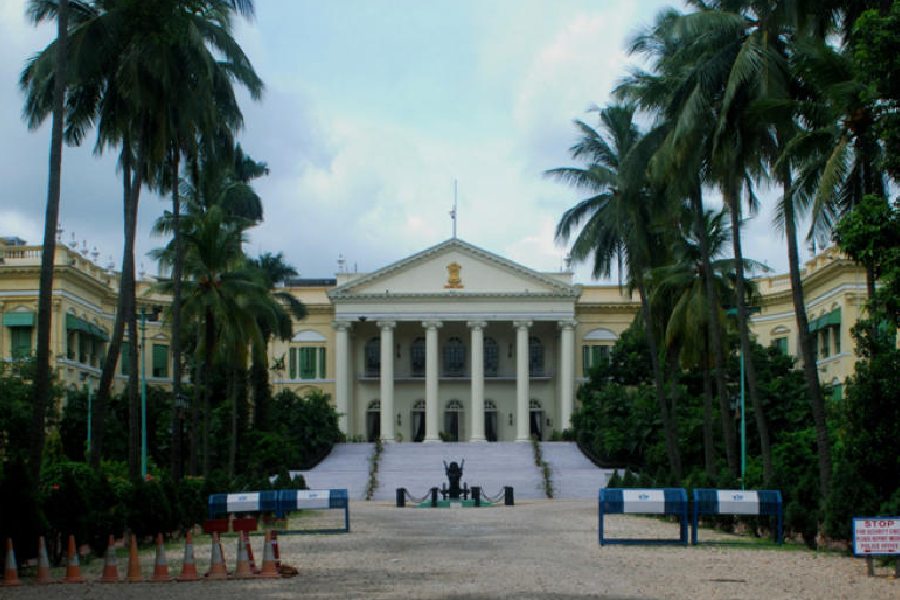The Supreme Court on Monday ruled that an accused person can be granted transit anticipatory bail by a sessions court or a high court even if the FIR had been registered in the territorial jurisdiction of another high court/state.
A bench of Justices B.V. Nagaranthna and Ujjal Bhuyan passed the ruling while dealing with a petition filed by a Rajasthan-based woman named Priya Hindoria challenging the anticipatory bail granted to her estranged husband by a Bangalore court although the offence relating to dowry harassment was lodged by her in Rajasthan.
The bench also issued a slew of guidelines to be observed by the high court and sessions courts in such matters.
After Monday's judgment, a person in Calcutta apprehending arrest by Guwahati police for a purported tweet that had appeared in the social media in Assam can seek anticipatory bail before Calcutta High Court instead of rushing to Assam for bail.
At present, if an FIR is registered at a particular place, the accused has to invariably seek a pre-arrest/anticipatory bail only within the territorial jurisdiction of the high court/sessions court where the FIR had been registered.
Under Section 438 of the CrPC, a person can be granted pre-arrest bail if he or she apprehends arrest by the police or investigating agency.
While some high courts had earlier ruled that it could grant anticipatory bail even if the FIR had been lodged in the jurisdiction of another high court, some others had asked the applicants to approach the high court concerned.
The apex court on Monday laid down an authoritative pronouncement on the issue by taking a view that anticipatory bail could be granted by the high court/sessions court even if they lack territorial jurisdiction.
However, while passing the judgment, the Supreme Court imposed several conditions on an accused to prove that he or she has genuine difficulties in obtaining anticipatory bail in the jurisdiction of the courts where the FIR had been actually filed.
The genuine difficulties include threats to life and health conditions among others. Further, the high court/sessions court must also carefully evaluate such applications for anticipatory bail only in exceptional cases to protect an individual’s right to life and personal liberty under Article 21 of the Constitution.
The details of the order had not been uploaded till the time of filing of the report.










